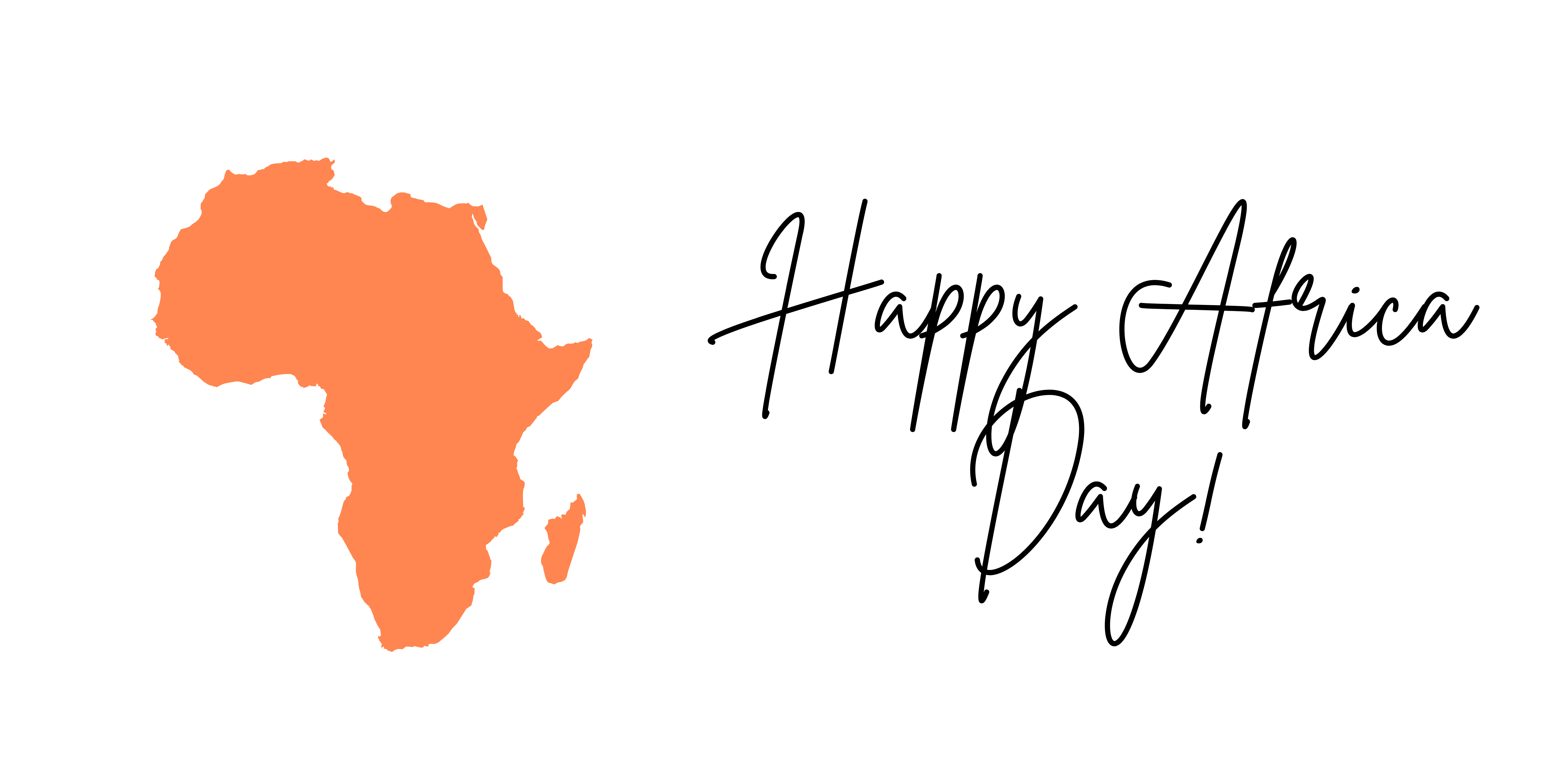Africa presents big opportunities for everyone willing to put in the work, time and money so it is no surprise that over the last couple of years there have been increased programs connecting Africa’s innovators to innovators in other ecosystems. Corporations like Microsoft, with its Africa Developer Centres in Nairobi and Lagos as well as its Africa Transformation Office, and Google, with offices in five Africa cities Johannesburg, Nairobi, Lagos, Cairo, and Accra, have set up substantial presence on the continent. The opportunity is, of course, not lost on Africa as well and we see this, for example, in our attempt to revamp intra African trade through the African Continental Free Trade Area.
With the world looking to Africa for opportunities, there are four key things to consider when engaging the continent and its innovators. African philosophy, African arsenal, African innovation and African community all influence the quality and sustainability of engagements and the value derived from them.
African Philosophy
First, our interactions are built on African philosophy: a foundation of respect, dignity, compassion, solidarity and consensus where relationships, shared vision, shared values, co-creation processes and sustainability are key. Communities want to be seen as people first, only then do they become customers or perhaps even partners. We work to understand each other and then extract commercial value from those interactions. In presenting solutions to us therefore we must question whether or not they improve the status quo of not just individuals but also of communities. For example, local technology giants like Kenya’s Safaricom have leveraged their knowledge of their communities well to develop products that match their needs.
African Arsenal
Second, this is an incredible, high growth, high potential time for Africa. At the rate the continent is growing and if governments and citizens play their role, Africa is set to grow in several aspects which will be the arsenal with which Africa thrives and takes on the world. Africa’s arsenal includes our youth population – Africa has the youngest population in the world, with 70% of sub-Saharan Africa under the age of thirty, the AfCFTA and the Digital Transformation Strategy for Africa.
With an educated, digital first, youth population, Africa will house a critical mass of people to build and buy products. The AfCFTA will ensure markets and infrastructure for these products, while our policies will provide frameworks of engagement in the Pan African market. There is an opportunity to plug into these initiatives and work with Africa to ensure that these strategies are realised for Africa’s benefit.
African Innovation
Third, African innovation is becoming just that, African. Africa has not only challenges, but solution providers, a high capacity workforce that is getting increasingly skilled and able to build the continent’s solutions.
African entrepreneurs are building enterprises for scale across the continent. As electrification and connectivity grow to 100% over the next 20 years, Africans are building solutions for the 1.3 billion + market, while urging the policy makers and regulators to catch up. Reliability, relevance and accessibility of products is key for penetration across Africa and African innovators have the local knowledge and context to do this quickly and at scale. Partners should look to amplify, fund and promote efficiency of this work.
African Community
Finally, Africans thrive in communities. Communities are powerful and are an integral layer for successful implementation across all sectors. Diverse thinking is more important than ever and this is the value that eclectic communities bring.
Successful partners are embracing African philosophy and building communities around their products and services. The value of collective intelligence derived from supportive communities is immeasurable.
Some organisations are already meaningfully integrating with the African Innovation ecosystem in this digital era.
Last year, Mozilla and Omidyar Network partnered with African based organisations like AfriLabs, Lawyers Hub and the African Union Development Agency to implement regionally-tailored activities that build on their organisational strengths. These activities include a series of multi-stakeholder discussions, policy hackathons, news articles, research, and workshops, aimed at tackling key challenges and proposing solutions that are grounded in the unique needs of users in the African continent.
Intel is working with AfriLabs to gain a deeper understanding of Africa’s innovation ecosystem and offer their infrastructure to deep tech startups on the continent. The partnership will use the learnings to determine what modes of collaboration with African deep tech startups work and what high impact programs could be designed for deep tech startups to ensure a healthy pipeline of innovations in Africa.
SNDBX is a community of SME experts working collaboratively to offer solutions to African SMEs. The capacity building offered to resident experts and to the community of entrepreneurs sits on a foundation of the ‘Village Formula’, which ensures that interventions to SMEs are founded on principles of tried and tested African practices that have served generations well and ensured relevant, meaningful and relatable interactions across ecosystems.
Ultimately, our stories are intertwined. It is impossible for one ecosystem member to succeed without the others. There is shared value that must be surfaced and deployed intentionally and inclusion must always be key. With inclusion we ensure that the story of Africa or our stories with Africa are well developed, familiar and exciting with relatable characters who are part of a story that we resonate with and enjoy being a part of.
With every new character, every new innovator, every new ecosystem stakeholder, the story of Africa in the digital era becomes bigger, and better known. The kind of partnerships we build with Africa will determine how epic our work is. They will also determine what foundations are built for those coming to continue the work after us.
Strong, genuine partnership foundations will ensure that relationships were built on respect and dignity, that we played to Africa’s strengths, that we understood local context and leveraged existing skill and that we embraced the diversity existing across the world’s second largest continent.
Happy Africa Day!!!!


Leave A Comment